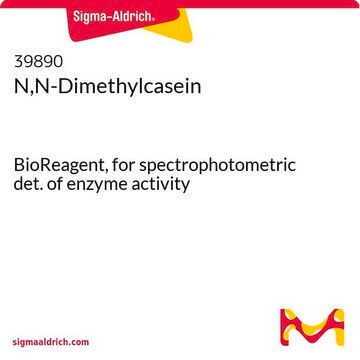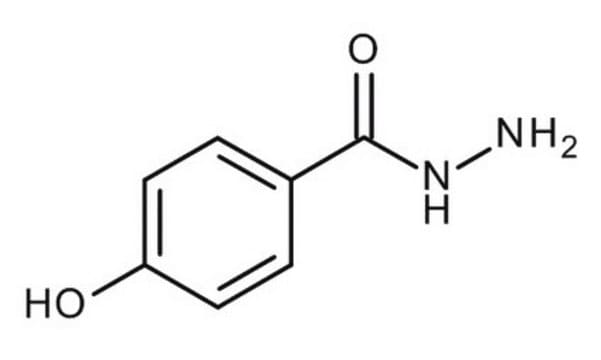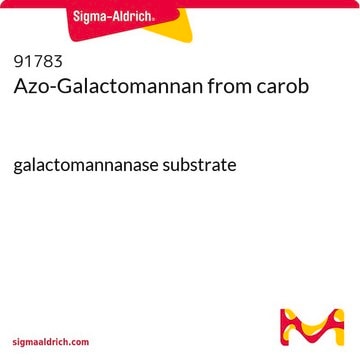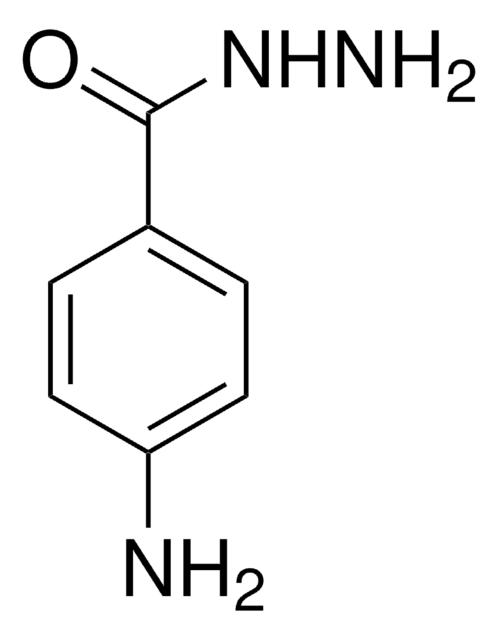H9882
4-Hydroxybenzhydrazide
powder, ≥97%
Synonym(s):
4-Hydroxybenzoic hydrazide, 4-Hydroxybenzoylhydrazine, p-Hydroxybenzoic acid hydrazide
About This Item
Recommended Products
product name
4-Hydroxybenzhydrazide, ≥97%
biological source
synthetic
Assay
≥97%
form
powder
mp
264-266 °C (dec.) (lit.)
solubility
acetic acid: water (1:1): 25 mg/mL, clear, colorless to faintly yellow
fluorescence
λex 360 nm; λem 425 nm (reacted with 5-hydroxymethyl-furaldehydezinc acetate)
SMILES string
NNC(=O)c1ccc(O)cc1
InChI
1S/C7H8N2O2/c8-9-7(11)5-1-3-6(10)4-2-5/h1-4,10H,8H2,(H,9,11)
InChI key
ZMZGIVVRBMFZSG-UHFFFAOYSA-N
Looking for similar products? Visit Product Comparison Guide
Application
- for determining the concentration of maltose from starch digestion
- for analysis of sugars from fructan containing food hydrolysate
- in colorimetric assay for reducing sugar estimation from processed feedstuff
Biochem/physiol Actions
Signal Word
Warning
Hazard Statements
Precautionary Statements
Hazard Classifications
Eye Irrit. 2 - Skin Irrit. 2 - STOT SE 3
Target Organs
Respiratory system
Storage Class Code
11 - Combustible Solids
WGK
WGK 3
Flash Point(F)
Not applicable
Flash Point(C)
Not applicable
Personal Protective Equipment
Certificates of Analysis (COA)
Search for Certificates of Analysis (COA) by entering the products Lot/Batch Number. Lot and Batch Numbers can be found on a product’s label following the words ‘Lot’ or ‘Batch’.
Already Own This Product?
Find documentation for the products that you have recently purchased in the Document Library.
Customers Also Viewed
Our team of scientists has experience in all areas of research including Life Science, Material Science, Chemical Synthesis, Chromatography, Analytical and many others.
Contact Technical Service













